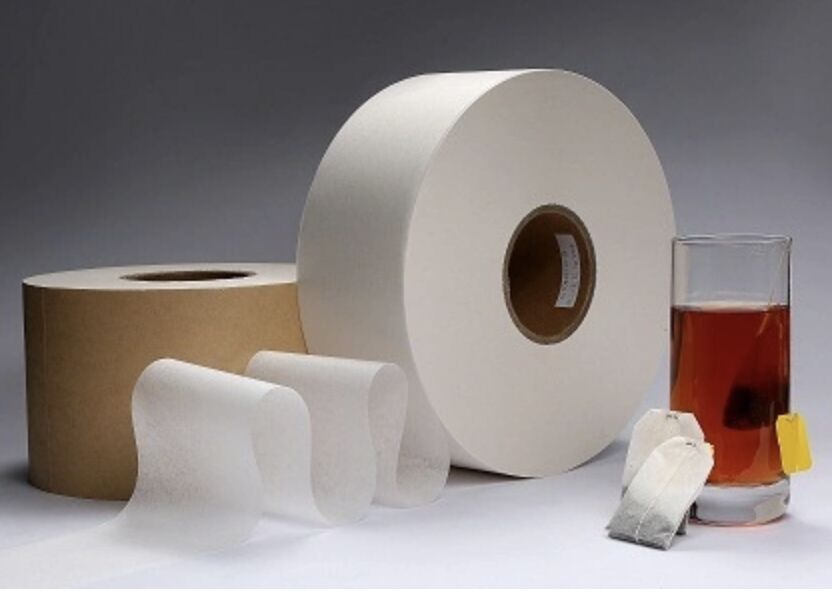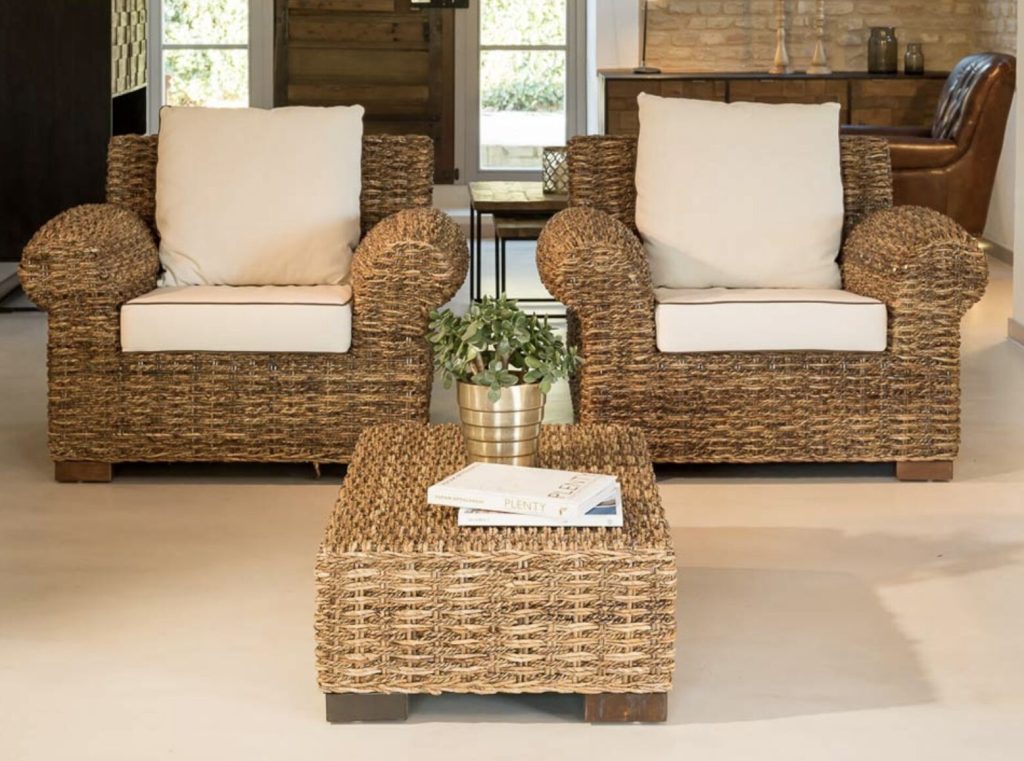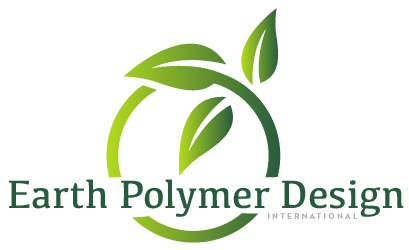Abaca Fiber
(Manilla Hemp)
100% Biodegradeable, Recyclable, Sustainable & Durable
Abaca fiber (Musa textilis) has been used since the 20th century in the manufacturing of ropes, textiles, furniture, and other commercial products. Although its use declined with the introduction of synthetic polymer manufacturing during World War II, in recent years, natural fibers have resurged thanks to global policies aimed at mitigating the environmental damage caused by these polymers.
Abaca is a sustainable crop that contributes to agricultural diversification, reduction of deforestation, forest conservation, reforestation, and the stimulation of agroforestry systems. Additionally, it has a positive impact on biodiversity and water conservation, enhances the aesthetics of rural landscapes, and boosts the economy. Abaca fiber, extracted from the plant’s pseudostem, is 100% biodegradable and recyclable, capturing 232 tons of carbon dioxide per hectare. Abaca is preferred for rope making due to its enormous tensile strength and durability against natural elements such as freshwater, saltwater, wind, and sun. Abaca fiber is considered a potential substitute for wood in pulp production due to its excellent mechanical (tensile-bending) and chemical properties (14% lignin). It has also been explored for use in composites with other materials for industrial, agro-industrial, automotive, and aerospace applications, as well as for replacing fiberglass in thermoplastic composites.


The structure of abaca fiber is filamentous, consisting of many individual fibrils bound by natural gums, which give it good natural luster, strength, and flexibility. A large portion of processed abaca material is used in the manufacture of high-quality paper, tea bags, and filters. It is also widely used in the automotive industry for the production of vehicle interior parts.
Its high mechanical strength compared to other natural fibers makes it suitable for various industrial and agro-industrial applications. Earth Polymer Design offers a wide range of abaca ropes in all sizes and large-capacity sacks for transporting vegetables, legumes, tubers, and coffee. Additionally, we provide abaca fiber for the manufacture of paper pulp, lamps, fabrics, carpets, furniture, and automotive components. Please don’t hesitate to contact us for more information.
Explore our sustainable alternative materials
It is an unshakeable commitment to a sustainable lifestyle.
Jennifer Nini
